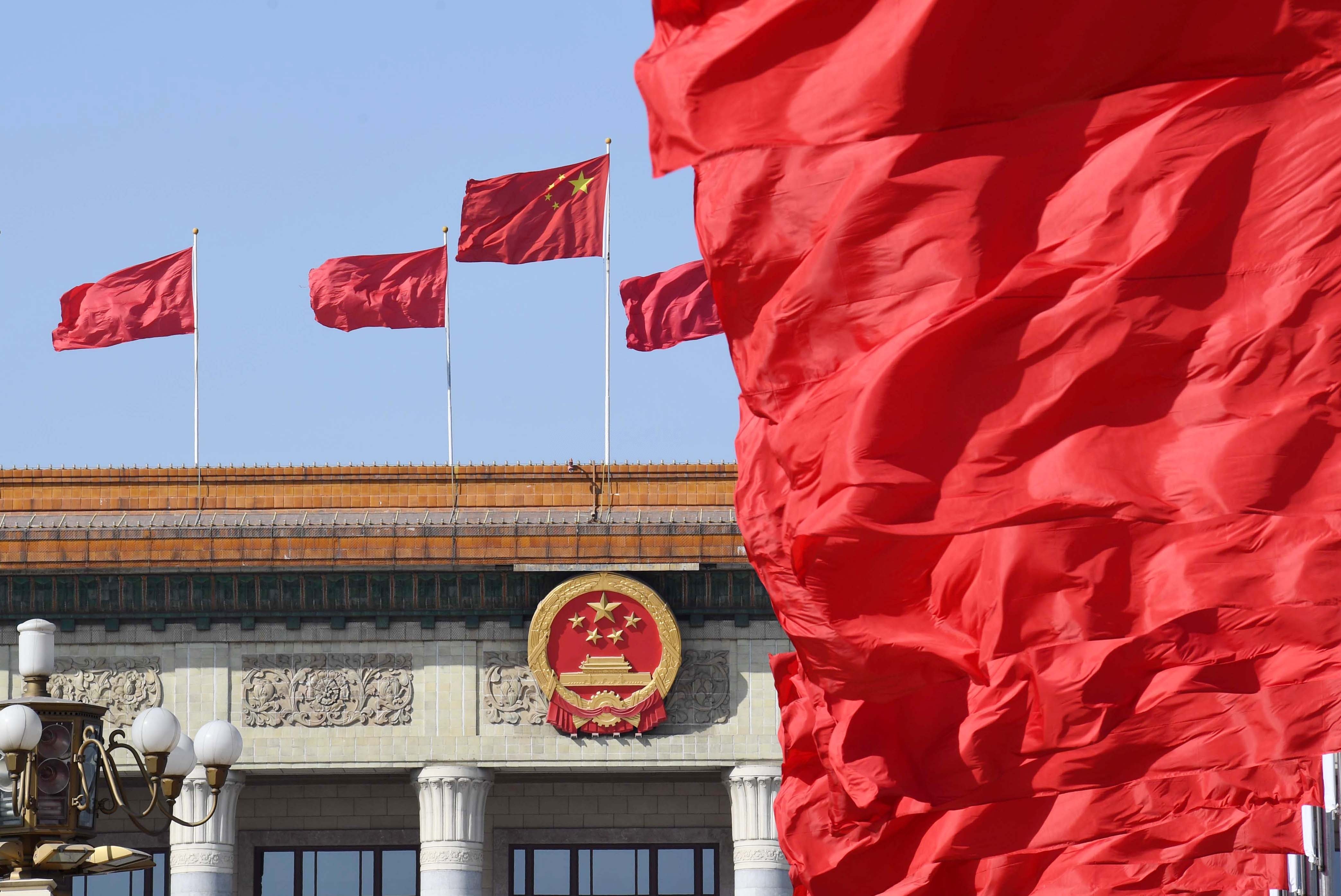China's foreign policy priorities
- By George N. Tzogopoulos
 0 Comment(s)
0 Comment(s) Print
Print E-mail China.org.cn, March 13, 2019
E-mail China.org.cn, March 13, 2019

State Councilor and Foreign Minister Wang Yi shed light on China's foreign policy priorities in a recent press conference. In an era where several Western politicians and analysts portray China as a "revisionist power," Wang gave a calm analysis and explained China's perspective on international affairs. As unpredictability and uncertainty across the globe are on the rise, Minister Wang said that China's approach is one of continuity, adding that "China can be said to be the world's most consistent and predictable country."
Without looking to history, it is hard to fully understand Chinese foreign policy. As a result of traits such as patience, being systematic, conscientious and industrious, China is now becoming more powerful and having its voice increasingly heard on the international stage. It now stands up for its rights and is determined to defend them. This though does not mean that it has hegemonic ambitions, which Wang stressed when replying to a question during the press conference.
China respects important principles such as multilateralism and advocates for problems to be solved under the umbrella of the UN. It values independence in foreign policy and refrains from interfering in the internal affairs of other countries. Wang gave two examples where such pronouncements are practiced – Afghanistan and Venezuela. In its foreign policy towards the two countries, Beijing cannot be accused for attempting to play a role that is against the will of the Afghan or Venezuelan citizens.
In recent years, China's foreign policy has been largely associated with its work on the Belt and Road Initiative (BRI). Wang emphasized this integration mechanism in view of the second international forum that will take place this April in Beijing. In comparison to the first forum in 2017, participation is expected to be higher this year and there will also be thematic sessions to give opportunities for productive debates and possibly new win-win agreements.
Although the second forum titled "Shaping a Brighter Shared Future" will take place in Beijing, participants will also be encouraged to explore collaboration opportunities with other regions in China as it is in the interest of the Chinese government to link foreign investment with domestic development across its provinces. This is happening via the planning of high-profile events in different cities, the strengthening of exchanges with partner countries and the opening of its central and western provinces to the world. Lecture tours will be organized, inter alia, to bring foreign affairs-related knowledge and share information with Party schools, universities and enterprises.

The Chinese side – as Minister Wang commented – is open to constructive criticism in order to improve the efficiency of the BRI. Some delays in the implementation of infrastructure works have to be carefully discussed for solutions to be found. Despite those issues, the general sentiment for the BRI, he said, still remains positive. Quoting an example, Wang elaborated on the success of the initiative in Africa where people are benefiting from large scale projects such as the Mombasa-Nairobi railway. African leaders themselves have given clear responses to the skepticism and criticism of calling BRI as dangerous "debt trap" by praising China's contributions to their nations' infrastructure, job creation and economic activities. The BRI is not a vague project but a great opportunity for shared development which is improving livelihood of ordinary citizens in the countries where it passes through. Africa constitutes an example.
In addition, Wang outlined China's positions vis-à-vis specific countries. As far as the U.S. is concerned, he said that upon examining the historical evolution of their bilateral relationship, he preferred to see the glass half-full. Wang said he considered some competition as "normal" and rejected scenarios of confrontation. On the EU, he reiterated Beijing's interest in the process of European integration and expressed his hope for deeper cooperation by upholding international rules and safeguarding world peace. Concerning Russia, he focused on the record trade volume in 2018, the energy parameter, and the common understanding of several international issues – also at the UN level.
Minister Wang also spoke about developments in Asia. He expressed optimism over developments in the Korean Peninsula and regarded the recent Hanoi summit as another step towards establishing stability and facilitating international mediation for the denuclearization of the Korean Peninsula. He elaborated on the improvement of relations between China and India, the progress on negotiations of a Code of Conduct in the South China Sea and the challenges inherent in the Sino-Japanese relationship despite the positive momentum last year.
To sum up, Wang's press conference offers a holistic overview of China's priorities in world affairs. Celebrating the 70th anniversary of its founding this year, China is steadily becoming a responsible global player. Its wise and prudent foreign policy not only strengthens its international presence but also serves its domestic development goals.
George N. Tzogopoulos is a columnist with China.org.cn. For more information please visit:
http://www.china.org.cn/opinion/GeorgeNTzogopoulos.htm
Opinion articles reflect the views of their authors, not necessarily those of China.org.cn.
If you would like to contribute and have specific expertise, please contact us at opinion@china.org.cn.






Go to Forum >>0 Comment(s)